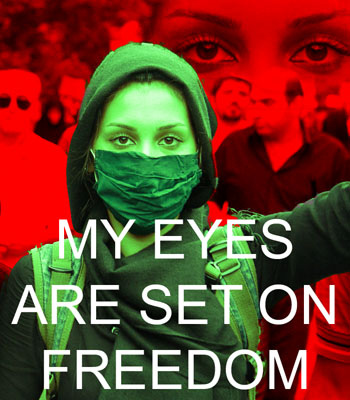Published in worldpress.org.
Creating development means creating goods and services of greater value. So now we want to talk not about wealth creation, but about human rights and freedom.
If we study the history of development and poverty, we will find that Western farm surpluses are caused mostly by productivity improvements caused by advances in farm machinery and crop chemistry (fertilizers, pesticides, etc.).
For an example of how leaders can make all the difference in people's living conditions, there is no better example than Japan.
Indeed, we are doing enough in talking about poverty, but not in taking action to combat poverty. There are some poverty alleviation programs developed and implemented in the country, however.
Dr. Surendra Pradhanang of Nepal, said, "We are on the effort of combating poverty. Theoretically, political leaders, ministers, N.G.O.s, I.N.G.O.s and concerned authorities talked much more about our poverty and its solutions, and held several seminars and conferences on it. Each year we prioritized it in budget speeches. We see the major focal point — poverty alleviation focused on even in the preamble of those national plans. But the implications of poverty alleviation programs, as experienced, are too weak and ineffective to cope with the actual condition of poverty."
"A poverty alleviation fund has been established," Dr. Pradhanang continued. "Some poverty alleviation programs were started . Due to poor implementation and the absence of honesty, the output of the programs could not have resulted in significance. Analytically, despite the programs undertaken, no progress was made in combating poverty."
"Peace and security, which we want, are the common factors of development that affects the whole system.. 'No peace, no agreement, no security, no developments' are the major causes of poverty, violence and unemployment. One should not go against the other when we compromise with, and understand one another. The security of the people is the buzzword along with peace and development. Now, there must not be any conflict in this respect. … First and foremost, the loss of peace and security should be effectively addressed. Then the door for combating poverty and unemployment opens. Secondly, the massive programs on rehabilitation and economic development strategy have to be introduced and applied."
"The brain power from the youths, intellectuals, experts and technocrats ought to be utilized for national development. In fact, national development in various fields should be handed over at the hands of experts and specialists with due consideration. Besides, the bad influence of political leaders who are in government administration must be dealt with. Those who abused power while holding government posts should be punished as per the regulations set. Corrupted officials must be eliminated from the government administration. On the other side, national productivity as well as GDP growth rate are very low. The current budget has an estimated 5 percent growth rate, which does not match the reality of the nation's economy."
"Inflation on daily consumption goods is very high and unstable. The supply system, which is not good, consists mostly of black markets in the country. The inflationary rate is around 20 - 30 percent. The general expenditure of the government is being increased day by day as a burden on Nepalese women. The tax paid by the general public has not been utilized in productive sectors. Mainly, the economic parameters of the country are not in a favorable position, which determines the national economy and its status. To measure the present economic crisis of the nation, the government's attitude and that of people should be immediately changed from too much of a 'politics-mind' to a 'development-mind.' In the wake of growing poverty, violence and unemployment, educators, planners and developers have to make sound decisions to alleviate the economic crisis."
Dr. Pradhanang also said on the Nepali situation, "Nepal has the provisions for general standard education, but it has not taken any special steps on appropriate education and employment for the children and women so far. Nepal suffers from gender disparity, where women have less access to educational and health facilities, and social services. Women are estimated to constitute 62.5 percent of the illiterate population — a serious concern."
Accordingly, Nepal has also followed the United Nations' Millennium Goal to educate and protect children and women. It has also stressed reducing poverty and providing job opportunities to women. The country has permitted the opening of nurseries and child care centers. In addition, women's colleges provide for a solid education, increasing the potential of employment opportunities in the private sector.
Thus, we need an economic revolution through the village tourism industry. The growth of village tourism and agricultural sector generate a substantial surplus. This can help invest for accelerating development of other sectors of the economy.
Copyright mediaforfreedom.com


